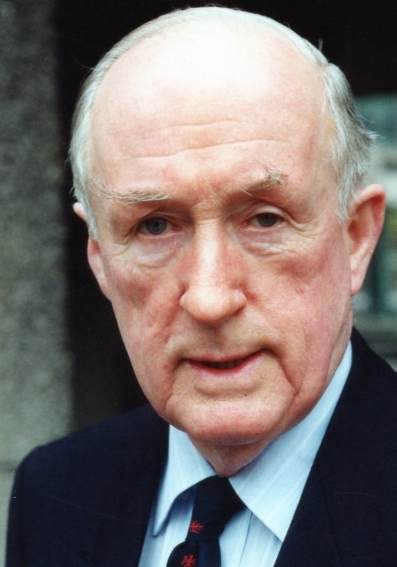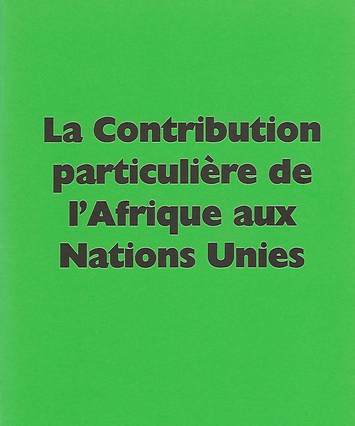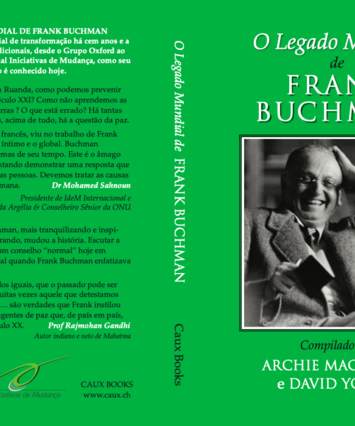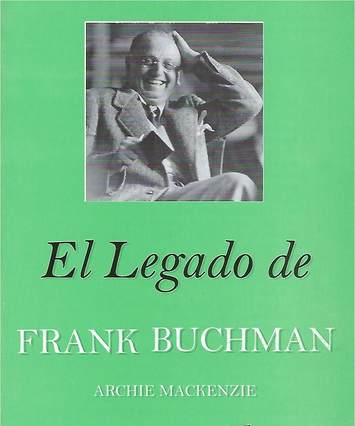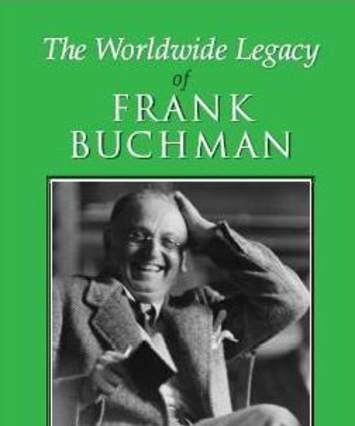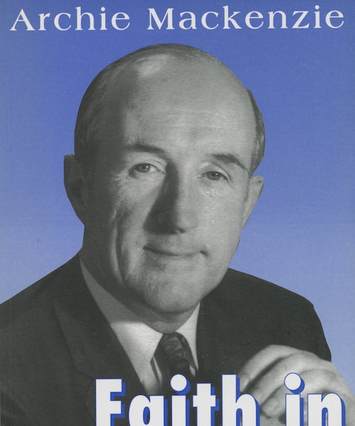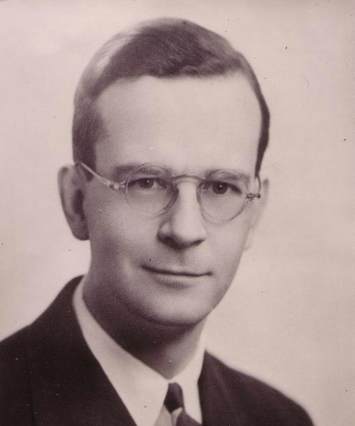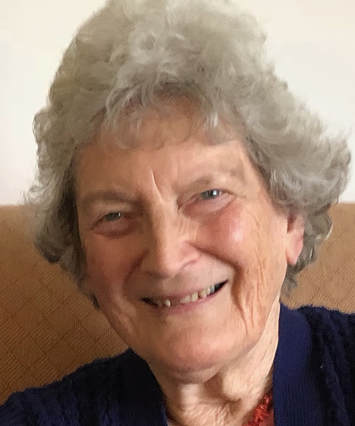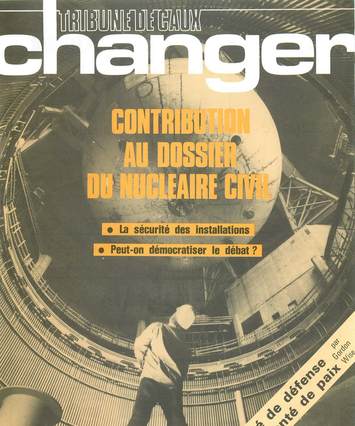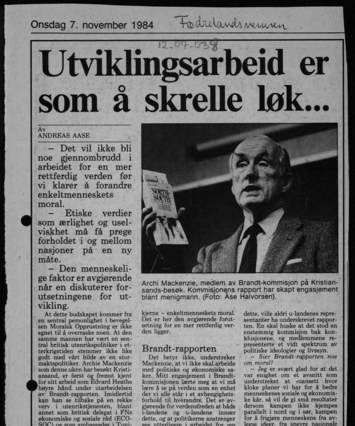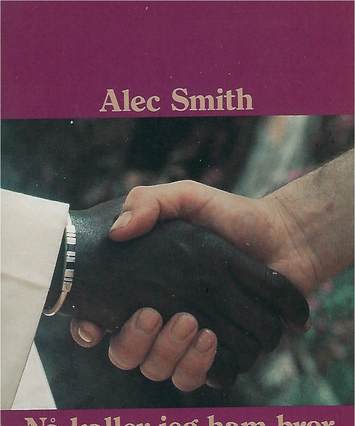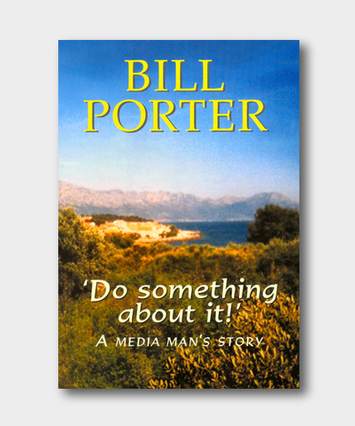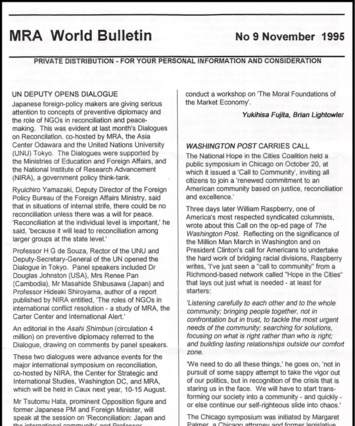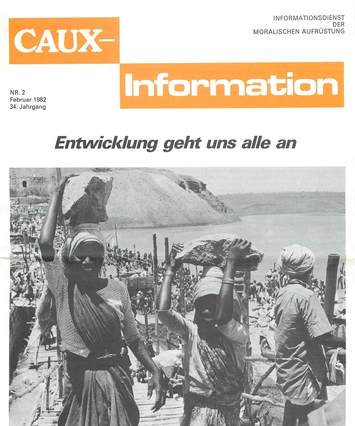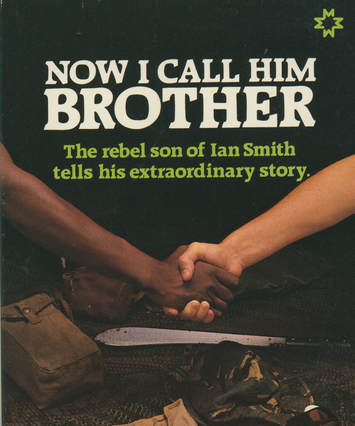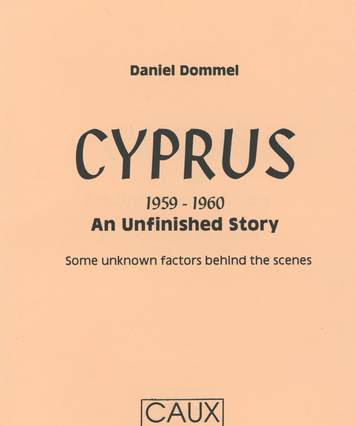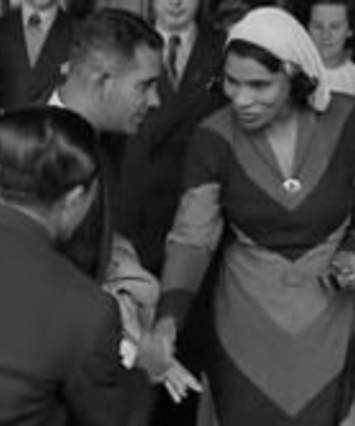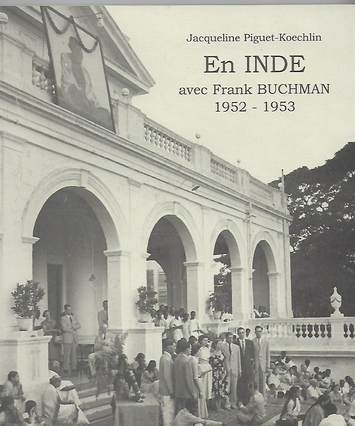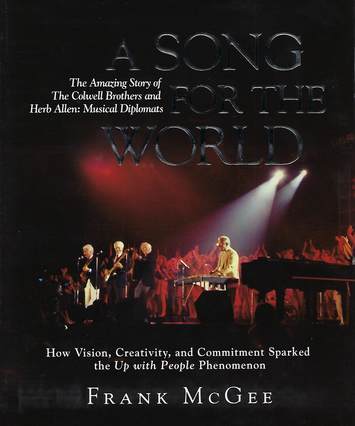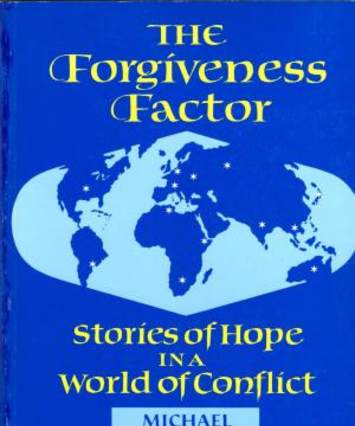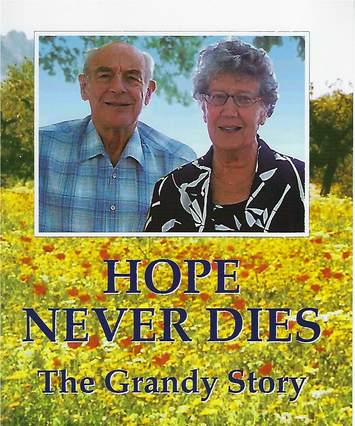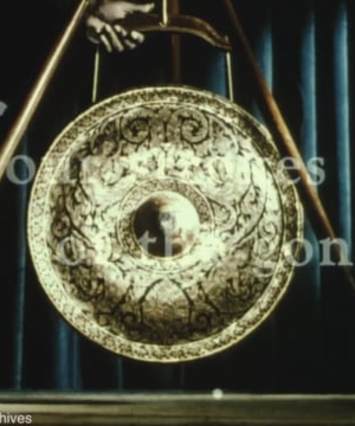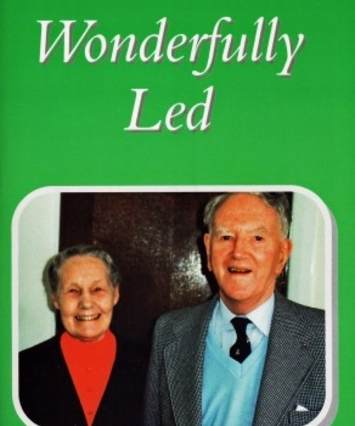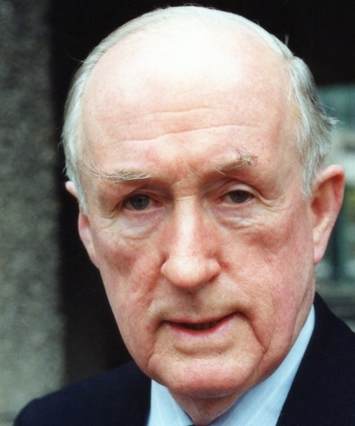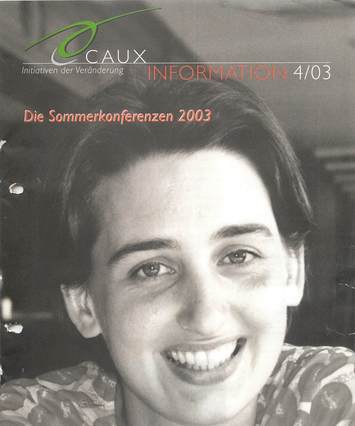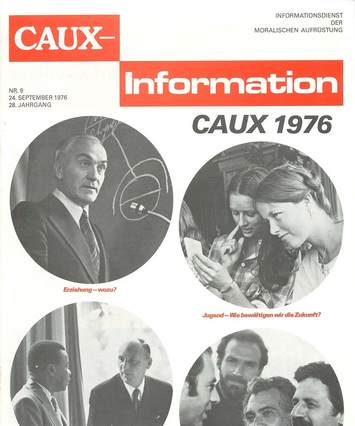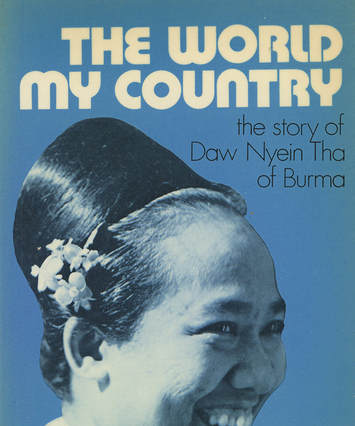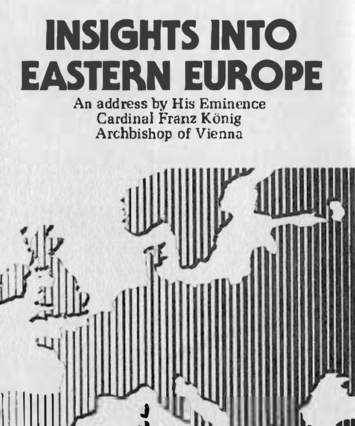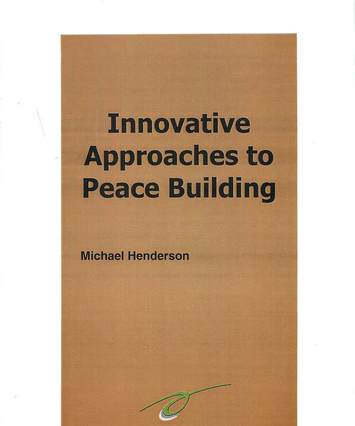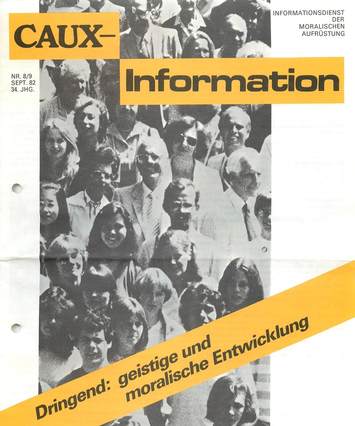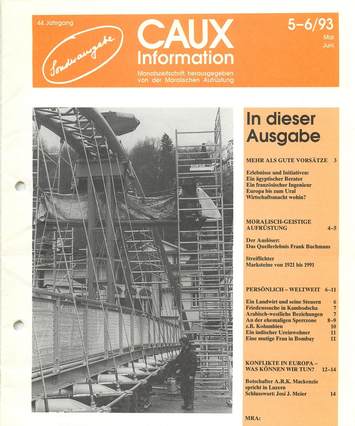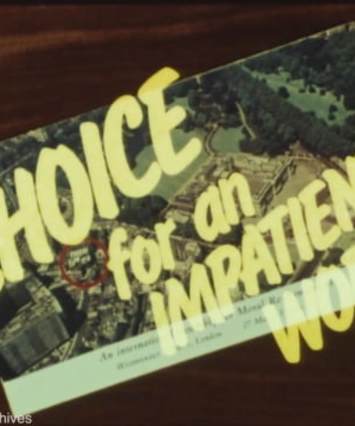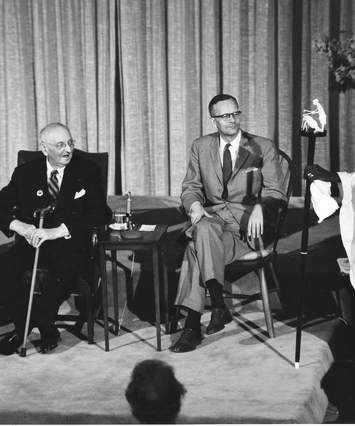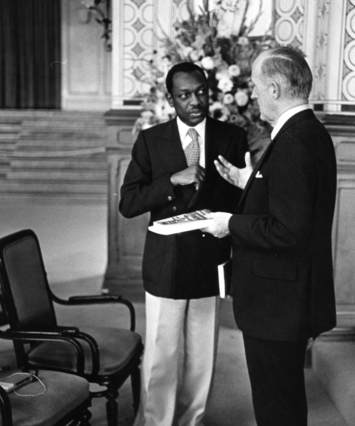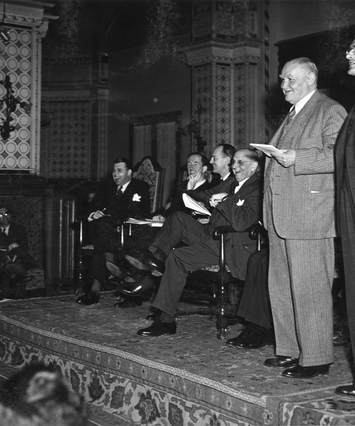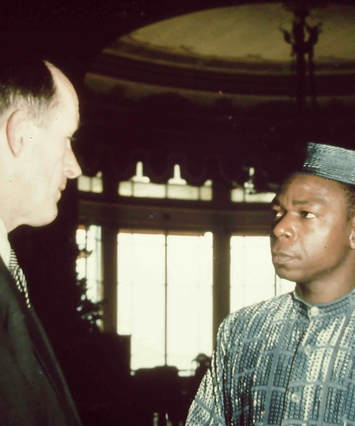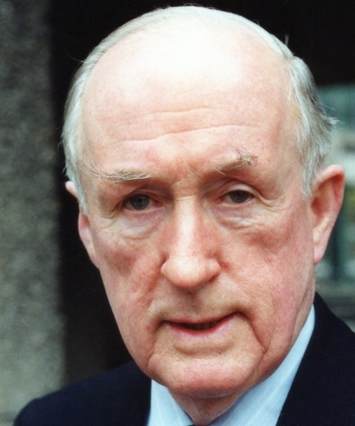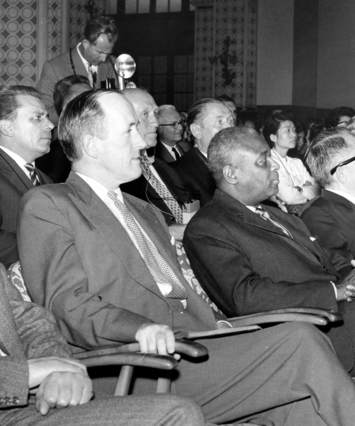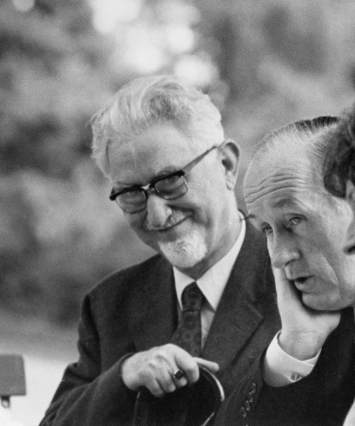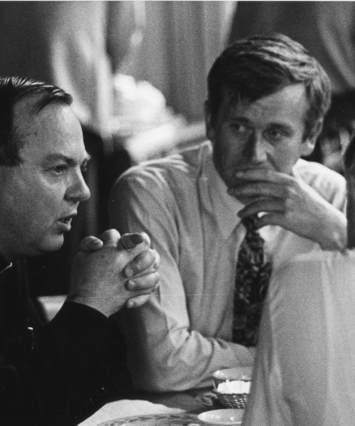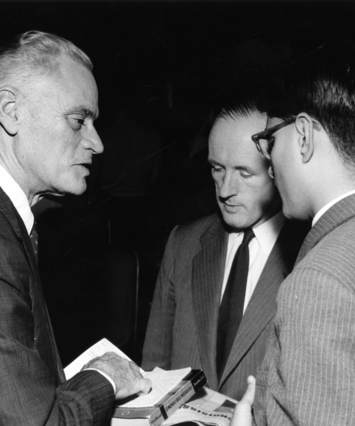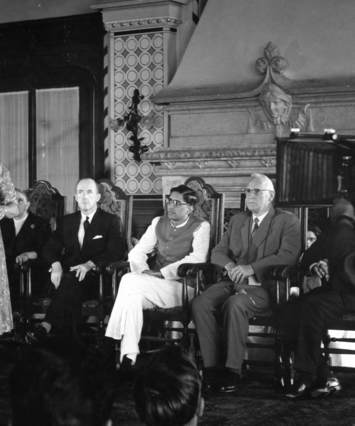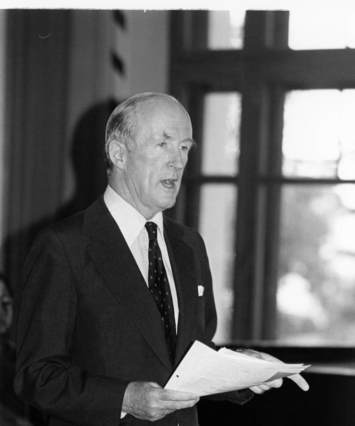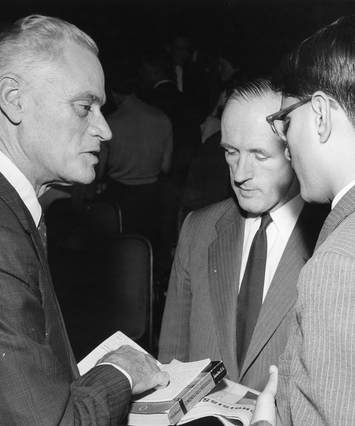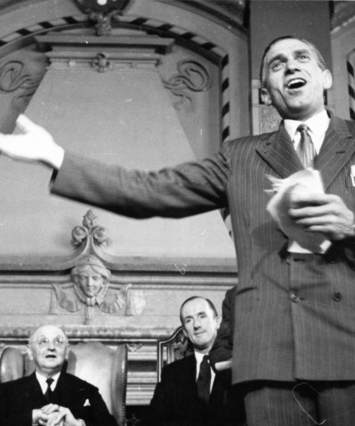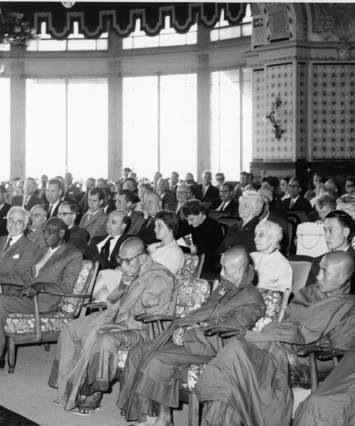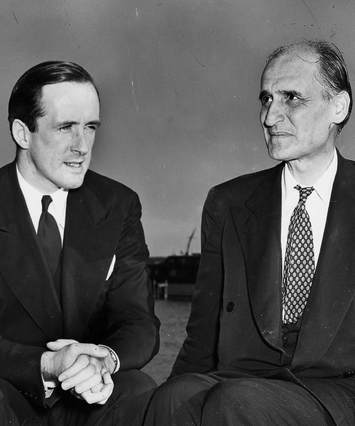Archibald Robert Kerr "Archie" Mackenzie was Britain’s minister for economic and social affairs on the Economic and Social Council (ECOSOC) of the United Nations, from 1973 to 1975. It was a critical moment following the first oil shock when OPEC nations had overseen a massive price rise. Mackenzie played a key role in influencing the outcome of the seventh Special Session of the UN General Assembly in New York in 1975, by helping to shift the thinking of Western nations towards the concerns of the developing world.
Developing countries had been hit by the oil price hike as much as the West. At the first preparatory meeting he urged that the UN should “cross the philosophical bridge of change”, away from just protecting Western interests. It was a phrase which caught everyone’s attention and was often quoted afterwards, though he remained modest about claiming credit for it. It helped towards a particularly fruitful session in giving the UN a new awareness of the concerns of the developing countries.
Mackenzie’s intervention was the culmination of a life-long diplomatic career. He was born in Glasgow, in 1915, the son of a banker. At Glasgow University he came top in Moral Philosophy, in a class of 100, and gained a first in Mental Philosophy. He read Modern Greats at Queen’s College Oxford, where he linked up with the Oxford Group, forerunner of Moral Re-Armament (now renamed Initiatives of Change), which his mother had earlier encountered in Glasgow.
He gained a two-year post-graduate Commonwealth Fellowship to study at the University of Chicago and then at Harvard in 1940. Mackenzie’s chosen subject was 'the ethical implications of democracy with special reference to Moral Re-Armament'. He remained committed to its values throughout his life and was a regular participant at its international conferences in Caux, Switzerland.
After the war Mackenzie was at the founding of the UN, heading Britain’s press relations office, and was believed to be the last surviving person to be present at the signing of the first UN charter in San Francisco in 1945. There followed appointments to Cyprus as Information Officer, 1954 to 1957, and to Paris, where he was involved in the founding of the OECD (Organisation of Economic Co-operation and Development). In Paris he met Ruth Hutchison, one of four daughters of a Glasgow businessman, and they were married in 1963.
He served as Commercial Counsellor in Rangoon in the early 1960s, arriving there at the time of the military coup. In his last months he followed recent events in Burma closely. Mackenzie was appointed Britain’s Consul-General in Zagreb, Yugoslavia, 1965-1969, where in 1966 he had to help the victims and families of the Ljubljana air crash in which 96 British tourists were killed. He was awarded the CBE in 1968 and was appointed Ambassador to Tunisia, 1970-1973.
He remained a loyal servant of the Crown and of the God of his Presbyterian faith. On retirement in 1975, he and his wife Ruth moved to a cottage at Rowardennan on Loch Lomond. Two years later, former prime minister Edward Heath invited him to be his assistant on the Brandt Commission Report on North-South issues. He was one of the five-person team to write the final text. It might never have appeared at all had he not gone beyond his brief to act as a personal reconciler between two key commissioners who had been at loggerheads. In the event the Brandt Report was a major publishing success.
His engaging memoirs were published in 2002 under the title ‘Faith in Diplomacy’.
Mike Smith. Taken from an obituary first published in The Scotsman, 17 April 2012

